
US Double Standards Fuel Middle East Tensions, Experts Say
Experts discuss how US double standards toward Iran and Israel exacerbate tensions in the Middle East, highlighting the impact of biased policies on regional stability.
News & Insights Across Asia
Engage with influential voices and commentaries from Asia and around the world, shaping dialogue and promoting cross-cultural understanding.

Experts discuss how US double standards toward Iran and Israel exacerbate tensions in the Middle East, highlighting the impact of biased policies on regional stability.

Experts discuss fostering positive cross-cultural dialogue in the era of globalization and digital transformation, drawing wisdom from the Silk Road’s legacy.

French President Emmanuel Macron calls for an “Olympic truce” during the 2024 Paris Olympics amid global conflicts. Can this age-old tradition foster peace and unity in today’s divided world?

Over 33,000 deaths in Gaza in six months highlight the escalating humanitarian crisis; aid workers face immense challenges amid hindered relief efforts and ongoing conflict.
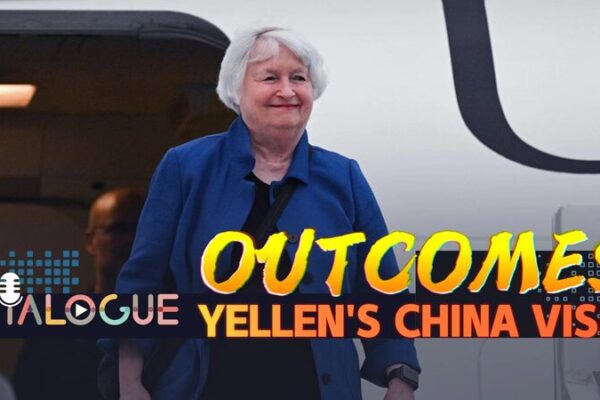
U.S. Treasury Secretary Janet Yellen raises concerns over China’s alleged overcapacity in green technology. Experts weigh in on whether these fears are justified or an overreaction.
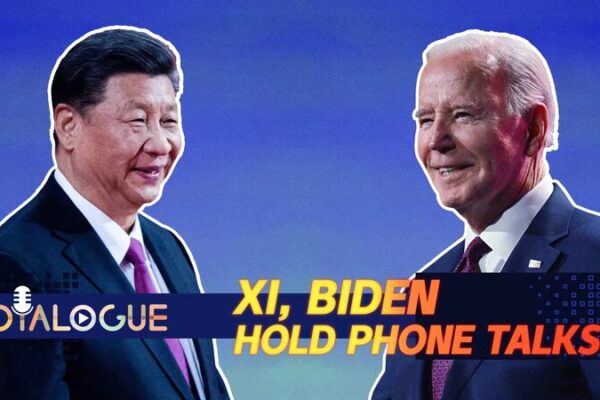
Chinese President Xi Jinping and U.S. President Joe Biden held a two-hour phone conversation to enhance China-U.S. relations and manage tensions.

Former Bulgarian Deputy Prime Minister Daniela Bobeva discusses how China-EU ties can navigate global challenges such as COVID-19 and geopolitical conflicts, emphasizing the importance of cooperation.

Graham Allison and Wang Huiyao discuss how China and the U.S. can avoid the Thucydides’s Trap, exploring paths toward a cooperative and competitive strategic relationship shaping global peace.
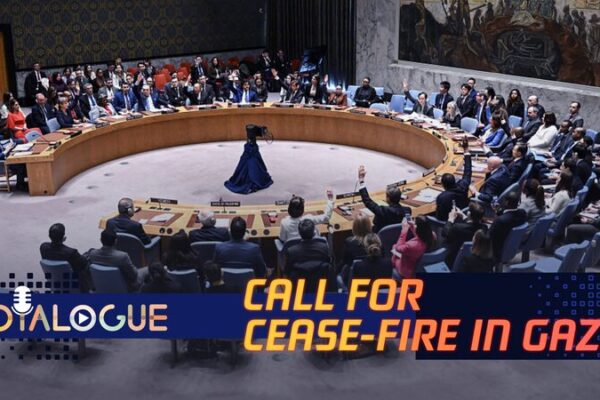
UN Security Council adopts a resolution demanding an immediate Gaza ceasefire during Ramadan, but the U.S. calls it “unbinding.” Will this undermine efforts to stop the violence?

Asia’s role in global economic stability is in focus at the Boao Forum for Asia in Hainan Province, where CGTN’s “Cross Talk” used AI to enable multilingual dialogue on economic integration.
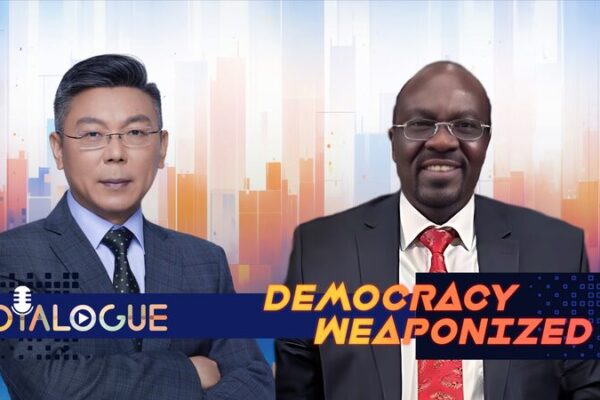
Peter Kagwanja discusses the evolving meaning of democracy, questioning if it should be universal or adapted to nations, and explores China’s whole-process democracy.

Chinese Foreign Minister Wang Yi has concluded his diplomatic tour of Australia and New Zealand, aiming to strengthen bilateral ties, manage differences, and dispel external noise. Experts discuss the visit’s significance.

Nearly 300 global experts gathered in Beijing at the third International Forum on Democracy to discuss the future of democracy in the digital age, exploring AI’s impact and fostering China-Greece relations.
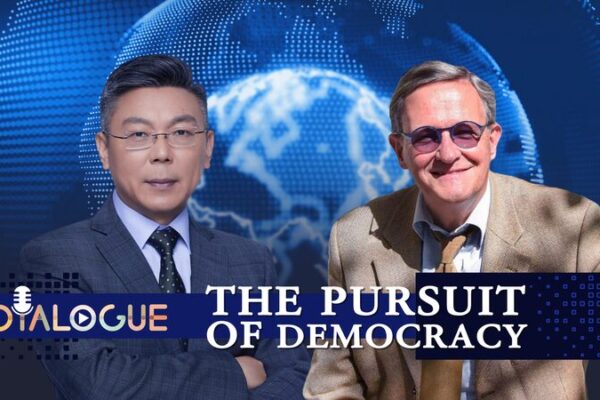
Dr. Jan Oberg discusses the pursuit of genuine global democracy amidst increasing global challenges.

Associate Professor Jin Keyu discusses China’s 2024 economic outlook, highlighting growth targets, technological innovation, domestic demand expansion, and the challenges ahead for sustainable development.

China sets a confident 5% GDP growth target for 2024 amidst global challenges, focusing on innovation and regional development like the Guangdong-Hong Kong-Macao Greater Bay Area to drive economic recovery.
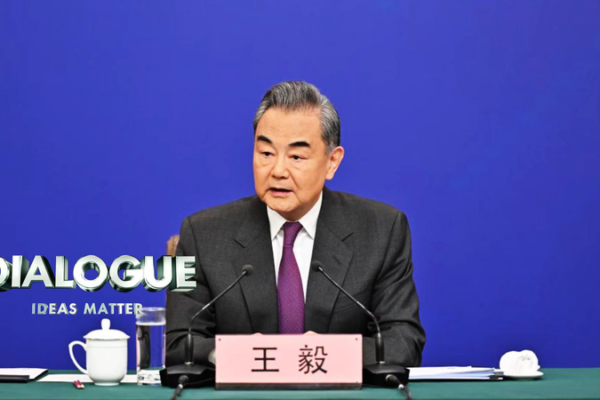
Chinese Foreign Minister Wang Yi discusses improvements in Sino-U.S. relations, global hotspot issues like Ukraine and Gaza, and China’s role in promoting peace amid international challenges.

China’s top financial leaders unveil the nation’s ambitious economic and development plans for 2024 during the Two Sessions in Beijing, highlighting innovation, regulation, and openness.

Premier Li Qiang delivered the 2024 Government Work Report at China’s annual NPC session, setting a 5% GDP growth target and unveiling a stimulus package to stabilize economic growth.

China’s annual Two Sessions have begun, unveiling the 2024 agenda and setting new directions for the nation’s political and economic future.